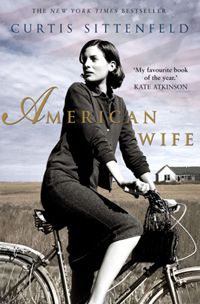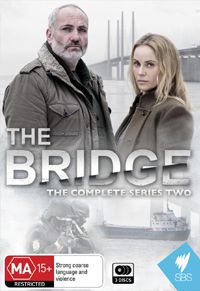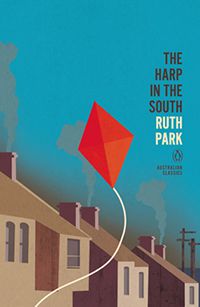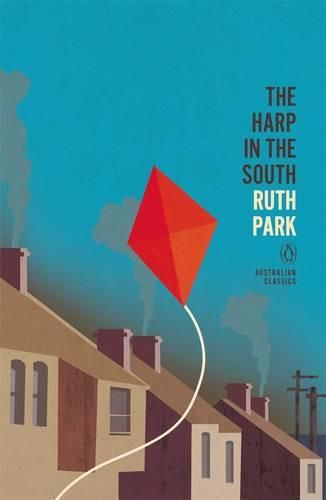What we're reading
Each week we bring you a sample of the books we’re reading, the films we’re watching, the television shows we’re hooked on or the music we’re loving.
Bronte is reading American Wife by Curtis Sittenfeld
One of the best things about working in a bookshop is being surrounded by people who have Lots of Important Opinions about Books. Of course, the problem of working in bookshops is that someone always knows of ‘something better you should be reading right now’. One particular author that’s been a bone of contention between me and two fellow staff members is Curtis Sittenfeld.
I’d first read her bestselling Prep several years ago (I think I was nineteen at the time) and didn’t enjoy it. I remember disliking the characters and finishing it out of a sense of obligation, as opposed to a genuine desire to find out what happens. This, being my only experience with Sittenfeld, meant my opinion of the author was fairly low - an opinion considered completely unacceptable by aforementioned work colleagues. And while I was happy to concede that it could easily have been a case of ‘wrong book, wrong time’, I’d been unwilling to investigate further despite their continued recommendations.
Then last week, succumbing to months of peer pressure, I caved and bought American Wife. I then proceeded to read the entire novel in two days. The first three sections are utterly, completely absorbing though I find it difficult to pinpoint why. There is something slippery about Sittenfeld’s writing in both novels but while with Prep I’d been uninterested in the world before me, with American Wife I was gripped by every tiny moment, every conversation and shift in relationships. The fictional memoir of a Wisconsin-born former grade school teacher and librarian who becomes First Lady passively, almost unwillingly, draws inspiration from the life of Laura Bush - though I didn’t realise this until half-way through my reading. It’s really less a political book and more a coming-of-age story across generations featuring a thoughtful, deeply moral yet undeniably flawed heroine.
The final fourth section is problematic for a few reasons (which has been noted across most of the reviews) but still deeply compelling. I’m definitely keen to read more from Sittenfeld now and for this, I hold my opinionated workmates responsible - with gratitude.
Chris is watching The Bridge: Season 2
Together with my partner, we have become victims of the new ‘binge television watching’ phenomenon. We knew we would. We set ourselves up for it. We cancelled social activities. We put the kids to bed early. We opened red wine. We had bowls of chocolate. A platter of cheese. Why? Season two of The Bridge. Without doubt this is the most compelling, delicious drama around. The characters are flawed. The scenery is dramatic. The plot twists and turns. Just when you think, “no more, it’s too late”, you’re already watching another episode. We watched it all in one weekend and while we feel a little bereft that it’s over, perhaps this weekend we’ll leave the house.
Emily is reading The Harp in the South by Ruth Park
I love it when one book leads to another, especially when the one it leads you to is something you’ve been meaning to read for years. In Justine Larbalestier’s notes at the back of her forthcoming YA novel Razorhurst (which I wrote about for this column a few weeks back) she mentions The Harp in the South by Ruth Park as a major influence.
I knew I wasn’t ready to leave Larbalestier’s world, so I was keen to see if Park’s novel could let me stay a while longer. It was love at first page and tears at the last.
It really surprised me that The Harp in the South is Park’s first novel. Her talent at hopping between characters, which can so often seem jarring, is admirable and her compassion for every character - from the children to the elderly, from the saints to the sinners - is remarkable. The vivid world she paints of the 1930s Sydney slums is one that Larbalestier skilfully remakes in her own elegant style (and adds a further dimension to) in Razorhurst.





